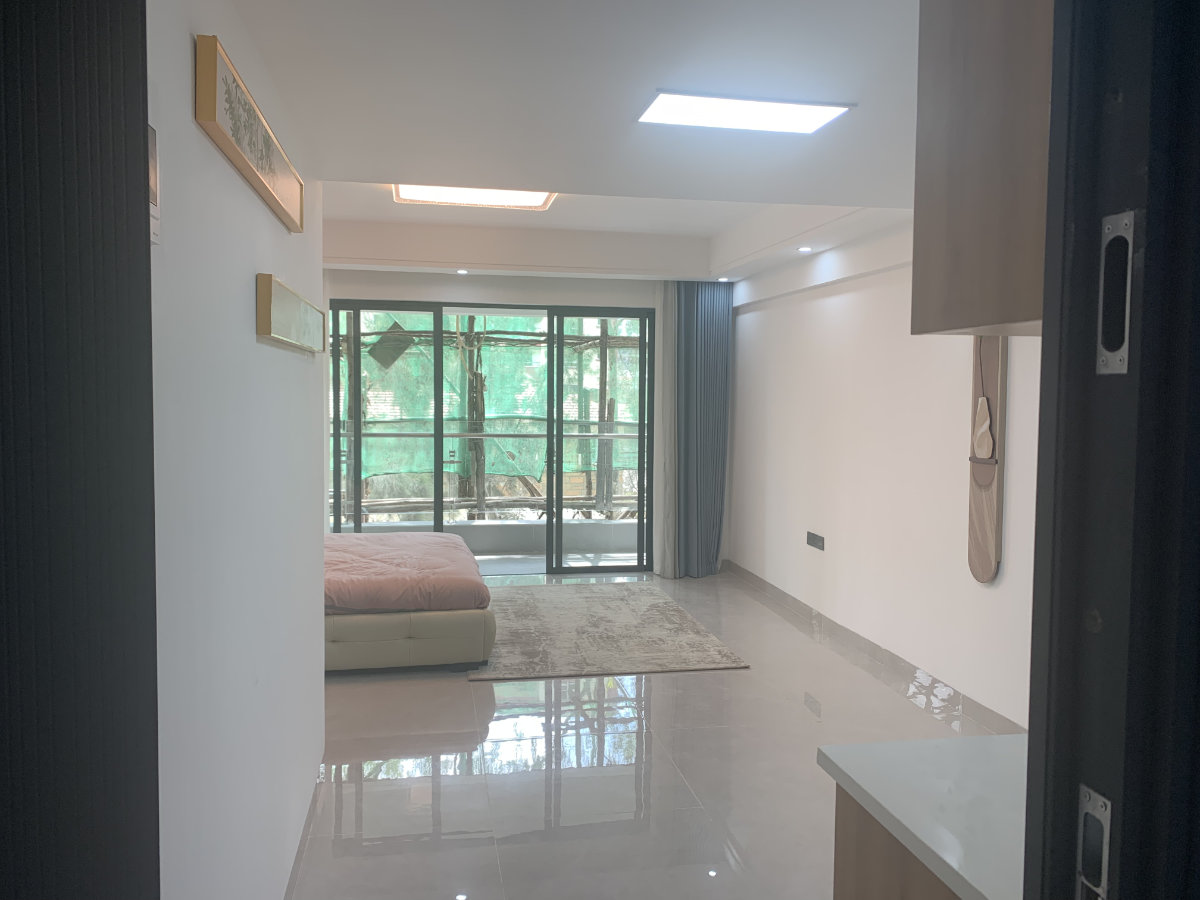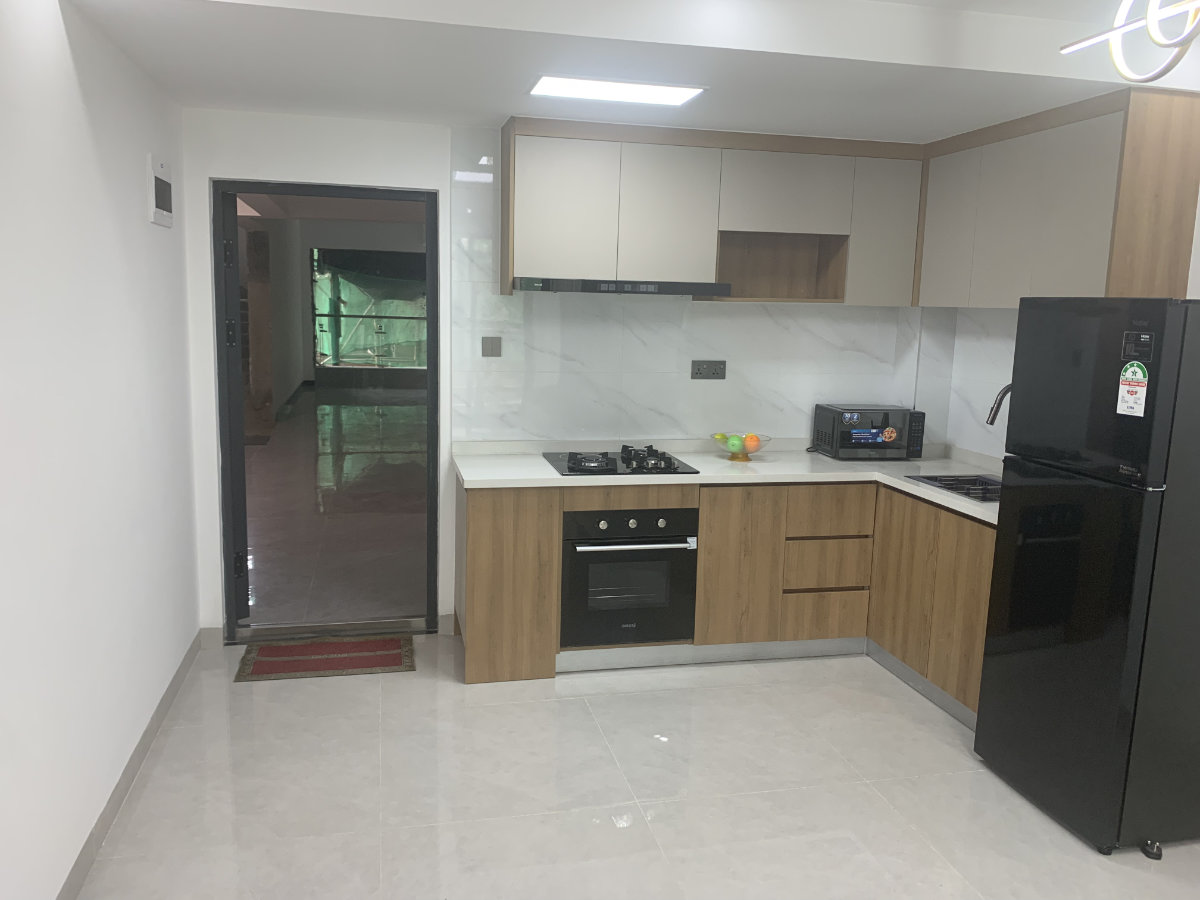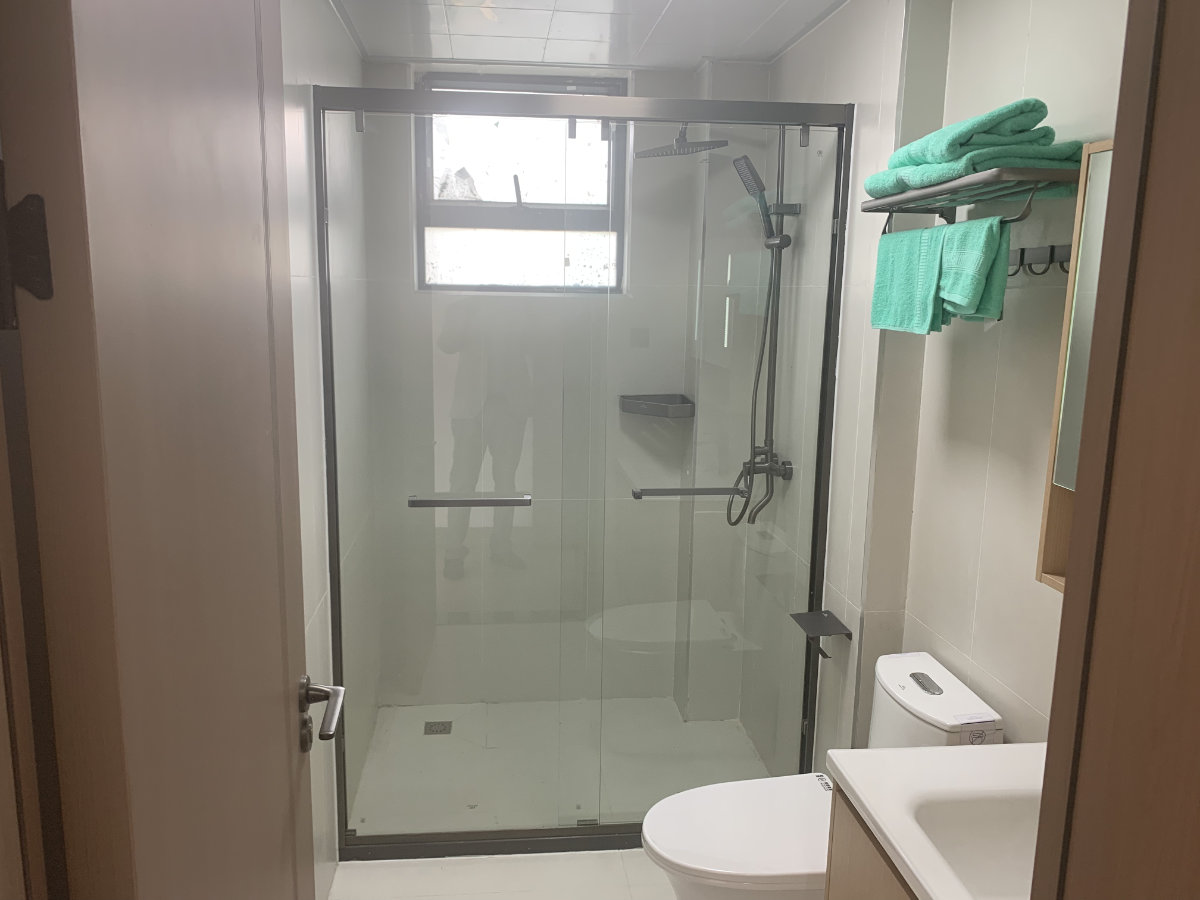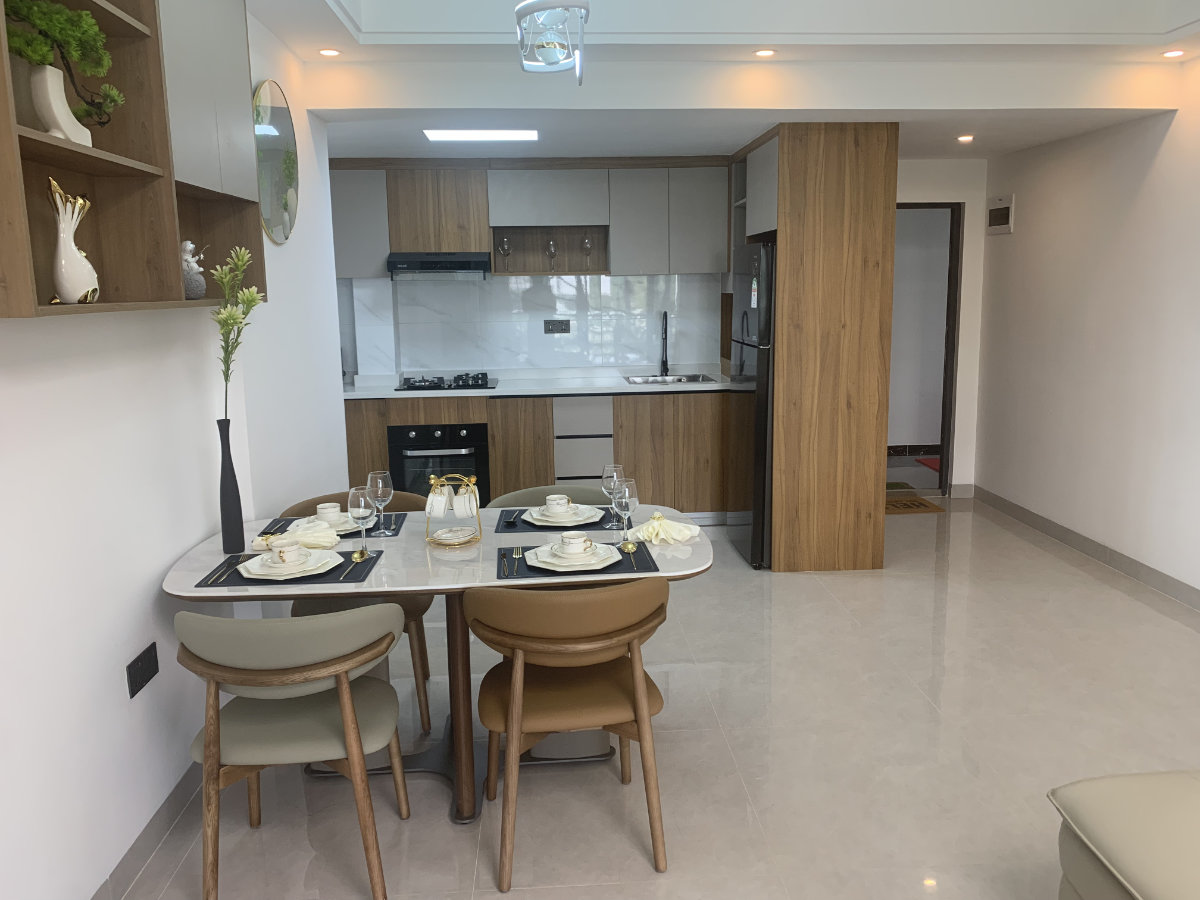Buying in Nairobi or the surrounding towns starts with one choice: freehold or leasehold. That choice affects what you can build. It sets the annual charges. It shapes how a lender views your file, and it also influences the price you can expect when you sell.
We guide first-time and repeat buyers through that choice from the very beginning. We use plain language and local examples so the details feel clear.
For a full step-by-step path, read the ultimate guide to buying a house in Kenya. If you’re just starting out, explore our guide on first time buyer advice in Kenya to help you avoid common mistakes.
In this article, you’ll see how each tenure works in Kenya. We’ll show you where you’re likely to find it around Nairobi, as well as help you find the option that suits your budget and plans.
Freehold in Kenya
Freehold means you own the land and the buildings on it. The title has no expiry, though county planning rules still apply. You often find freehold in Kitengela, Kiserian, Ngong, and parts of Kiambu.
Day to day, you decide how to use the plot within zoning. You can extend the house. Where permitted by law, you may keep poultry or a small number of animals. You can plant trees without asking a landlord.
Pros
- You control land use within planning rules.
- You do not pay annual land rent.
- You own the property to live without renewal.
- You pass the land to your children or family easily.
- You increase the land value over time without extra conditions.
- You use the land as collateral when applying for loans.
Watch-Outs
- Check if the land has unpaid land rates or taxes before you buy.
- Confirm access roads on the registry index map.
- Check for boundary encroachment with a licensed surveyor.
- Review subdivision limits before you split a plot.
- Obtain county approvals before building or extending.
- Make sure the title deed matches the details in the Lands Registry.
- Verify the seller’s identity and confirm they are the registered owner.
- Ask if there are any disputes or court cases involving the land.
- Confirm if the land falls under any government projects or compulsory acquisition plans.
Leasehold in Kenya
A leasehold gives you the right to use land or property for a set number of years. Private owners or developers usually lease houses and apartments. For land, the lease can also come from the government. Most leases run for up to 99 years from the date of grant or the date of renewal.
You’ll find many leasehold titles in urban areas like Nairobi. Mixed-use estates often sit on leasehold land. Read the user and density clauses carefully before making a purchase.
This is especially important if you’re considering off-plan property buying in Kenya, where leasehold terms may affect ownership timelines and handover.
Ask for consent before altering the building or changing its use. Pay land rent and county rates on time. We read the lease with you, confirm the rent status, and plan renewal steps so you avoid delays.
Leasehold is one of the most common types of land ownership in Kenya, especially in cities and towns where land is more regulated.
Pros
- You buy in prime locations close to work and services.
- Banks in Nairobi finance leasehold titles.
- Managed estates often provide security and shared utilities.
- You buy properties in areas with ready infrastructure, like roads, water, and electricity.
- You often pay a lower upfront price compared to freehold land in the same location.
- You attract banks and lenders who prefer financing leasehold properties in urban areas.
Watch-Outs
- You usually need consent to transfer, charge, or even sublet a leasehold property.
- You face delays if government offices take a long time to approve renewals.
- You must clear land rent arrears before you can transfer or sell the property.
- You risk losing value if you buy land with a very short lease balance.
- You should confirm service charges in managed states, as they can rise over time.
- Land rent applies to many titles.
- Breaching user or density rules attracts penalties.
- A short remaining term can hurt value, so start the renewal process early.
What Tenure Changes Day to Day
Control
Freehold gives you wider freedom on the ground. You can extend a kitchen or add a perimeter wall. Follow county by-laws and seek approvals first. Leasehold adds extra steps. Request written consent from the lessor before making any major changes. Even enclosing a balcony or adding a pergola may need that consent.
Costs
Leasehold often includes annual land rent and consent fees for transfer or charge. Budget for these. Freehold avoids land rent, but you still pay rates and approval fees where required.
Governance
Apartments have house rules. You pay a monthly service charge. Estates set house rules on parking, pets, noise, and use of shared spaces. Many estates collect a sinking fund, which is a shared savings pool used to cover major repairs and improvements, like fixing roofs or replacing lifts. Read the house rules carefully before signing.
Resale and Lending
Clean paperwork helps price and finance. Keep rates and land rent up to date. File all consents and approvals. For leasehold, monitor the years remaining on the term and plan for renewals early. Lenders look for tidy records and a secure title. Buyers do too.
Due Diligence Check List for Freehold vs Leasehold in Kenya
Use this checklist for any property purchase in Kenya. We can line up the searches and connect you with an advocate and a licensed surveyor.
Title and Ownership
- Order an official title search and confirm the registered owner.
- Check the title for charges, cautions, and restrictions.
- Verify ground rent receipts and clear any arrears.
- For leasehold, confirm the number of years remaining on the term.
Site and Boundaries
- Walk the site with a licensed surveyor and locate every beacon.
- Confirm the access road on the registry map and on the ground.
- Look for boundary encroachments on freehold plots.
- Check survey maps and match them with beacons on the ground.
Use and Restrictions
- Read the user clause and the density limit.
- Review zoning rules to confirm whether the land is residential, commercial, or mixed-use.
- Confirm approvals for existing structures, including county approvals and occupation permits.
- Ask if you need consent to transfer the title or place a charge.
Apartments and Estates
- For apartments, request the sectional plan and the unit title or share certificate.
- Review the house rules with the manager.
- Check the service charge status and confirm the sinking fund balance.
- Review service provider contracts (garbage collection, security, maintenance).
Legal and Risks
- Check for pending disputes at the Environment and Land Court registry.
- Inspect road access to make sure it’s legal and not a neighbour’s goodwill path.
- Confirm utility connections (water, power, sewer) are legal and active.
- Confirm no outstanding land rates or service charge balances remain.
Short Lease? Extend or Renew in Time.
A falling lease term drags down the price. Buyers hesitate, and banks hold back. If your title has a few years left, act early. Begin six to twelve months prior to a sale or refinance. Visit the relevant land office and apply for an extension or a new 99-year lease term. Carry the title copy, your ID, and KRA PIN. Clear land rent and county rates first.
If the property is under an estate or management company, get their written consent before renewing. Pay the assessed premium and fees, sign the new lease, register it, and collect the updated title. Acting early keeps your ownership secure and avoids delays.
In Nairobi, unpaid land rent often stalls files. Name mismatches do the same. Missing deed plans slow everything down, and estate consent can also take time. We coordinate these steps with your advocate so the process stays on track.
Ready to Move Forward?
If you’d like a steady hand, Malluug Realty Kenya is here to guide you. We’ve helped buyers across Nairobi and nearby towns, and we make sure each step stays clear.
We sit with you as you read the lease and confirm the land rent. We order the title search, arrange a licensed surveyor, and connect you with a trusted advocate. Every step gets tracked until you collect the keys.



